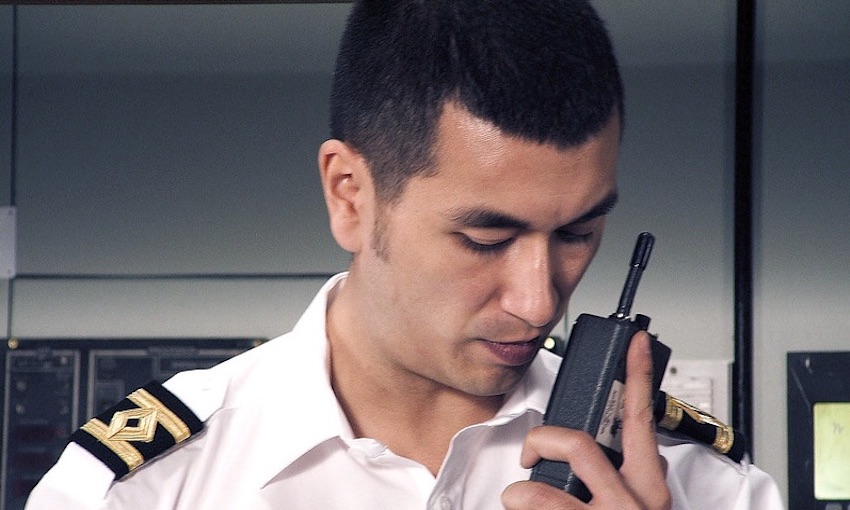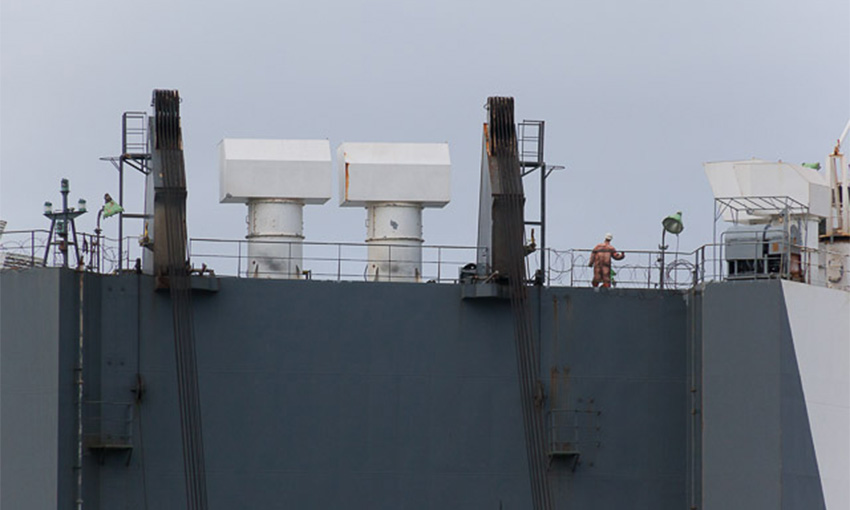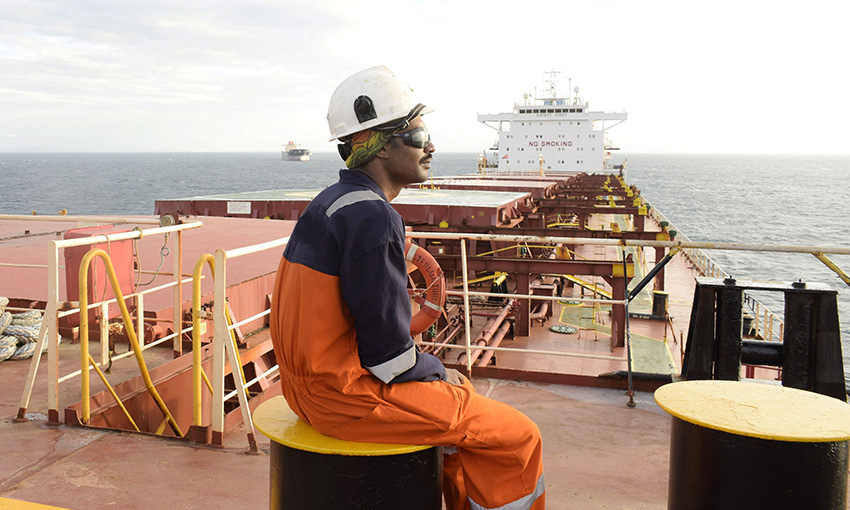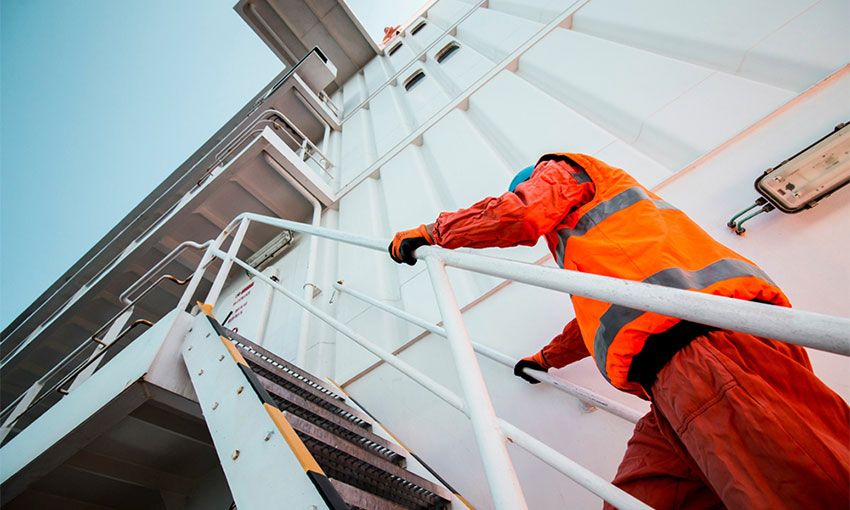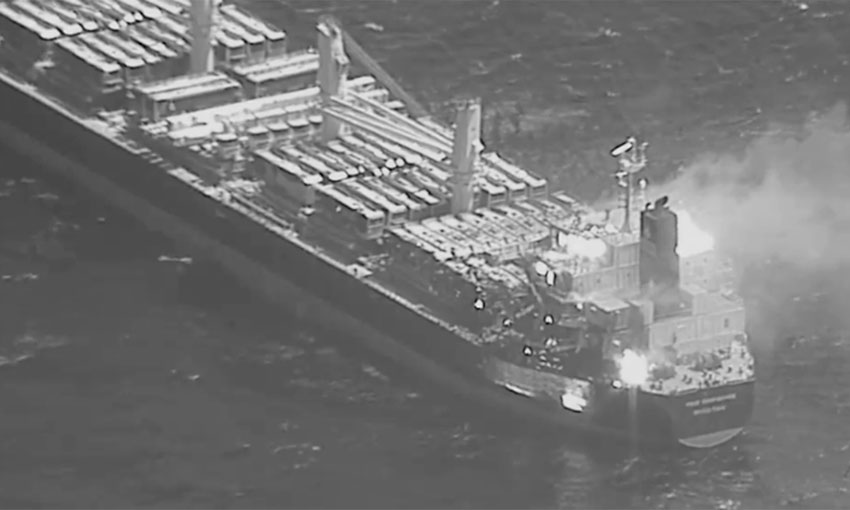OCEAN Technologies Group has developed tools to equip seafarers with the necessary skills to manage merchant ships transiting through high risk piracy areas.
Piracy attacks on vessels in the commercial shipping sector are an ongoing problem with particular hotspots in areas such as the Gulf of Aden, the Gulf of Guinea and the South China Sea.
In a recent declaration, BIMCO and 99 other maritime organisations including flag states agreed to work towards the suppression of piracy attacks in the Gulf of Guinea. The declaration has highlighted the need for interested parties to work together with regional states to create active anti-piracy operations. It is believed that this will lead to an 80% reduction in piracy attacks in the area by 2023.
In an effort to support seafarers to meet their responsibilities with regards to their fellow crew mates, vessels and cargo, Ocean Technologies Group has created a series of learning modules to help prevent seafarers falling victim to these types of attacks.
The modules detail how a vessel can be “hardened” and how crew should be prepared for passage through a high-risk area by identifying some strategic principles of vessel defence to prevent unauthorised boarding.
Many shipping companies employ armed security guards to be onboard vessels as an extra line of defence. However, there are legal and safety risks associated with their use and so it is vital that a reputable private maritime security company is chosen with competent and professionally trained guards.
Ocean Technologies Group’s Working with Maritime Security Guards gives seafarers guidance on how to engage and work successfully with armed guards from selecting the PMSC through to the guards’ disembarkation at the end of their deployment.
Manish Singh, CEO of Ocean Technologies Group, said, “Knowing how to deal with piracy attacks is vital for our seafarers especially if they are in waters where such instances are commonplace.
“Companies are under so much additional strain at the moment with the pressures of crew change, but they must not fail to ensure that masters and their crews are fully conversant with key anti-piracy protocols to give them every chance of avoiding and even repelling unwanted attention.”
The psychological fall-out from a piracy attack can also lead to seafarers suffering from post-traumatic stress disorder.
Marlins, part of the Ocean Technologies Group, has created an e-learning course to help seafarers recognise the specific signs and symptoms of PTSD, explain how it can be treated and offer guidance on the support options available to seafarers.

